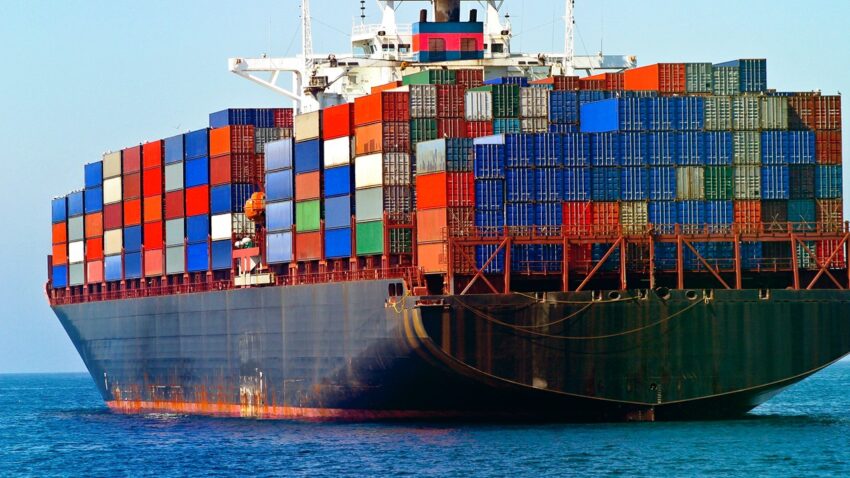Thanks to new technologies and evolving consumer demands, the freight and cargo shipping business is undergoing a revolutionary change. It is crucial to investigate the new developments that will impact freight, shipping, and freight services in the future as we move towards a more linked and ecologically aware future. Key areas of progress are explored in this article, along with potential industry consequences.
Internet of Things (IoT) and Data Analysis
With the use of data analytics and the Internet of Things, the shipping process may be more efficiently monitored and controlled. Shipments can be better monitored and controlled with the use of real-time data provided by Internet of Things (IoT) devices and sensors for temperature, humidity, and location.
Advanced analytics applied to this data allow for logistical operation optimisation, proactive problem resolution, and predictive maintenance. With the help of data analytics and the Internet of Things, the sector can save money and work more efficiently.
Sustainable and Green Practises
The shipping and freight forwarding business is increasingly concerned about sustainability. Green initiatives and alternative fuels are growing in popularity as people seek to lessen their influence on the environment and cut down on carbon emissions. Potentially more environmentally friendly options are electric cars, hydrogen-powered trucks, and biofuels.
A more sustainable future for shipping and goods is possible through the optimisation of transportation routes, the adoption of materials with decreased waste in packing, and the embracement of circular economy ideas.
Digital Currency: Blockchain
The shipping and freight business stands to benefit greatly from the increased efficiency, security, and openness that blockchain technology could bring. The immutability and security of blockchain records makes them ideal for use in a world where human error and fraud are rampant. Automated and transparent interactions between different parties are made possible by smart contracts built on the blockchain.
Blockchain technology might completely transform the way supply chain management is done by making documentation processes more efficient, making data more traceable, and building trust.
Omnichannel Logistics and E-commerce
The explosion of online shopping has had a profound effect on shipping and freight. The evolution of omnichannel logistics is driven by the demand for faster and more flexible deliveries. To keep up with customer expectations, businesses are implementing tactics such as micro-fulfillment centres, same-day/next-day delivery alternatives, and distributed warehousing.
Ensuring effective order fulfilment and customer happiness is becoming more and more dependent on seamless interaction between online platforms and physical supply chains.
Conclusion
Technological advancement, environmental consciousness, and a focus on the client will define the shipping and freight industry of the future. Staying competitive, meeting increasing client demands, and navigating the intricacies of a fast changing global marketplace are all possible when firms embrace these developments. The freight and shipping industry can lead the way to a future that is more efficient, sustainable, and connected if it stays updated on emerging trends and aggressively adopts disruptive technologies.


